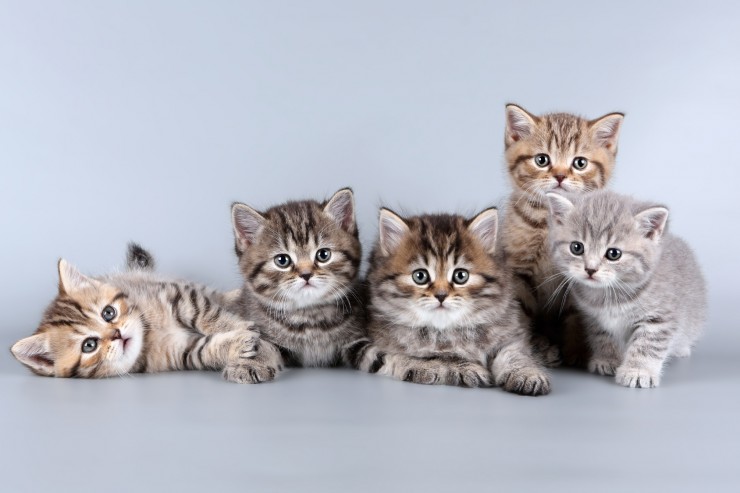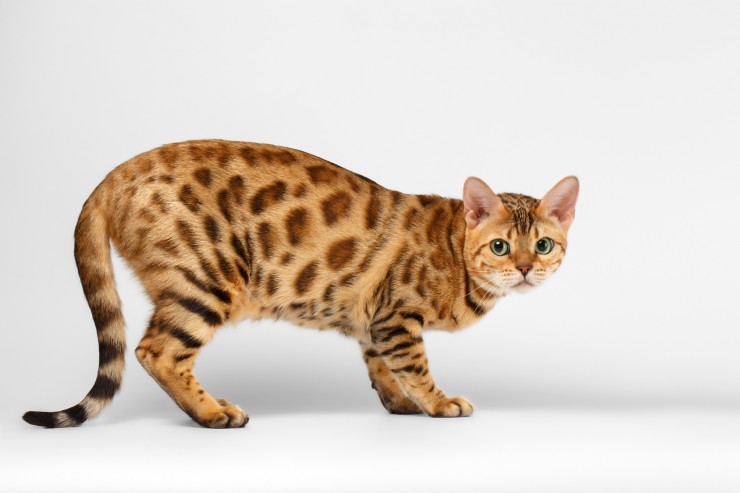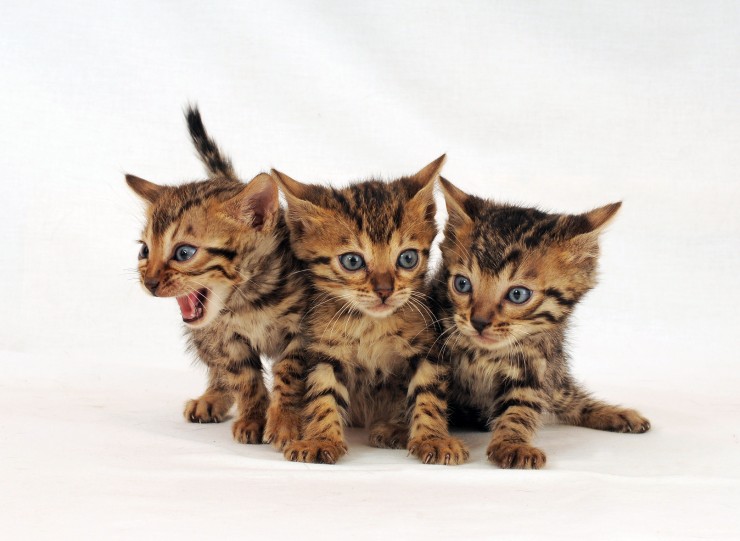

Cats reliably top the polls as the most popular and widely owned pet in the UK, although the dog comes a close second! While cat ownership over the course of your cat’s life will generally cost rather less than dog ownership for obvious reasons, not least size, owning a cat still doesn’t come cheap, once you add up how much money you are likely to spend to keep your cat happy, healthy and well fed for a hopefully long and interesting life.
Before you consider buying or adopting a cat, it is of course important to look into what cat ownership involves in detail, including all of the associated costs of keeping a cat, which amount to much more than just food! However, even experienced cat owners and conscientious first timers who do lots of research and ask all the right questions sometimes totally overlook some of the sneakier financial costs of cat ownership, stealthy hidden costs that might not become apparent until they are right in front of you, placing a big dent in your bank balance!
In this article, we will look at five often overlooked financial costs of cat ownership.
Cats are of course commonly said to have nine lives… And each of them will cost you money! Cats tend to be adventurous pets that like to roam, explore and sometimes hunt, but they are not pack animals, and generally, do not get on well with other cats that they meet for the first time when they are out and about.
Typical cat behaviour such as hunting and roaming can lead to a whole lot of incidental costs, such as veterinary trips for minor injuries sustained by getting into a scrap with another cat, or getting bitten by a rodent or other potential prey that decided that it wasn’t ready to go down without a fight!
Even minor injuries such as a cut ear can bleed prolifically, so if your cat is a bit of a bruiser and often seems to be in the wars, your veterinary costs or insurance premiums are likely to add up to a level above that which you might have budgeted for.
Spaying or neutering your cat can of course supress their desire to roam over great distances and somewhat mute their desire to scrap with other cats, but even so, some cats seem to revel in getting into potentially expensive messes!
Dogs and cats are viewed rather differently in law, with dog owners expected to have full control over their dogs at all times, as dogs are considered to be domesticated animals that do not have a legal right to roam. Cats, on the other hand, are viewed as semi-domesticated, and the law takes into account the fact that cat owners cannot be expected to control or supress the natural behaviour of cats when it comes to restricting their freedom, and cats have a legal right to roam freely without needing supervision.
However, this does not mean that your cat’s behaviour and activities when outside of the home are without consequences for you, and if your cat causes damage to another person’s property, the bill will fall to you.
Typical examples of this include if your cat decides to start using someone else’s garden as their litter tray, or if your cat starts letting themselves into someone else’s home, and either fighting with their own cat, or causing damage and destruction as part of their intrusion.
Over the course of a lifetime, your cat will undoubtedly contribute to the wear and tear on the contents of your home, particularly your soft furnishings! Some cats simply cannot resist ripping up the corners of your carpet or using your lovely leather sofa as their scratching post, and so life with a cat can and does often mean that your wear and tear costs and the cost of maintaining your home will be higher than life without a cat.
If you rent your home, it can be harder to find accommodation that will allow you to keep a cat, and even landlords that do allow cats often charge more for this, or will tie you into a complicated and potentially costly damage premium. This means that your day to day cost of living, plus the costs of returning your home to its original state when you move out, are likely to be higher with a cat than without one.
When you go away on holiday, you will need to arrange for someone to take care of your cat for you! If you are lucky, you will have a cat-friendly neighbour to do this, but even so, the chances are that at some point, you will have to pay out for the services of a cat sitter, or a cattery to board your cat.
 Teaching Your Dog The Basics Of Flyball
Teaching Your Dog
Teaching Your Dog The Basics Of Flyball
Teaching Your Dog
 Health Issues More Commonly Seen In The Bernese Mountain Dog
Health Issues Mor
Health Issues More Commonly Seen In The Bernese Mountain Dog
Health Issues Mor
 Some Helpful Information For The Owners Of Dogs That Cannot Be Vaccinated
Some Helpful Info
Some Helpful Information For The Owners Of Dogs That Cannot Be Vaccinated
Some Helpful Info
 Cat Breeding - Is It For You?
Cat Breeding - Is
Cat Breeding - Is It For You?
Cat Breeding - Is
 Cat Breeding - Helping Your Kittens To Grow Up
Cat Breeding - He
Cat Breeding - Helping Your Kittens To Grow Up
Cat Breeding - He
Copyright © 2005-2016 Pet Information All Rights Reserved
Contact us: www162date@outlook.com